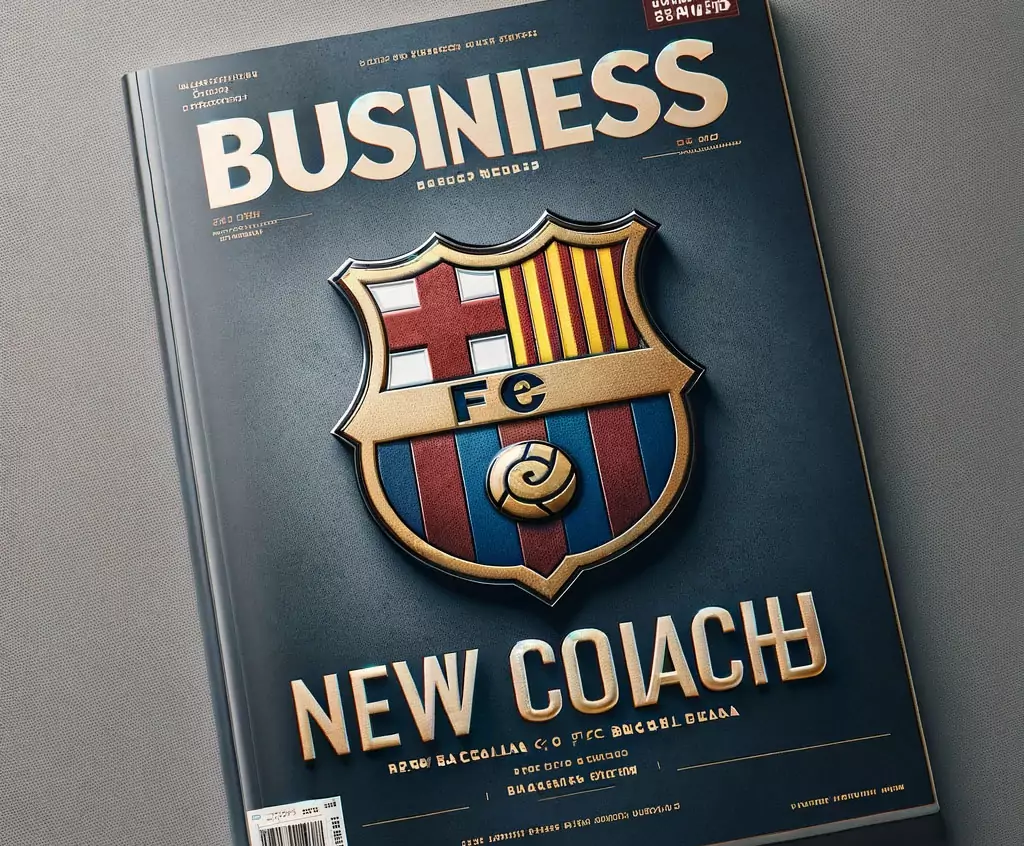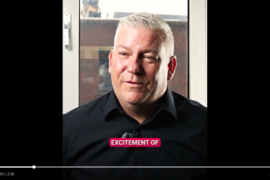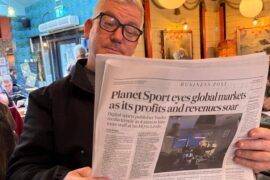When searching for a new captain to steer the ship, some businesses prefer to appoint from within instead of scouring the market.
This hiring strategy has its advantages. It delivers the desired leadership renewal, guaranteeing change and continuity.
Typically, these businesses have clear succession plans to ensure seamless transition and sound stewardship of their core values and operational ethos.
Unlike a co-opted outsider, a new leader appointed from within the internal pool comes already equipped with the requisite ‘local’ knowledge to navigate the institutional culture. The new incumbent needs very little time to acclimatize.
A successor au fait with the company structure and already immersed in the culture of the business will find it easier to deal with the challenges often associated with managing leadership transitions.
A cursory investigation reveals that this hiring modus operandi, promoting from within or bringing back former employees, is also favoured by sports organizations, especially football clubs searching for new managers.
The Barcelona blueprint
What do Pep Guardiola, Tito Vilanova, Gerardo ‘Tata’ Martino, Ernesto Velverde, Ronald Koeman and Xavi Hernandez have in common?
All seven were former Barcelona players who later became head coaches at the club in the last 23 years.
During that period Barcelona only veered off course once and briefly, when they hired Quique Setien, who was in charge for less than six months.
When Barcelona were looking for a successor to build on the solid foundations laid by Frank Rijkaard, they elevated Pep Guardiola from his role as the club’s B-team coach.
After Pep’s departure after a trophy-laden, record-breaking reign, his assistant, Vilanova, was promoted to the top job.
Sadly, Vilanova’s league title-winning tenure was cut short when he lost his battle with cancer.
Barca then brought in Tata Martino amid suggestions star player Lionel Messi had played an influential role in his Argentine compatriot’s appointment.
Martino’s tenure, lasting just one full season, during which he never really looked secure in the hot-seat, was as short as his brief Barca playing career.
In came Luis Enrique, another former Barca player under whose tutelage as head coach the club reached dizzy heights. Enrique would go on to manage the Spain national team after leaving Nou Camp.
In keeping with the club’s tradition of hiring former players, Barcelona appointed Velverde as Enrique’s successor. Velverde’s tenure was solid without being spectacular, yielding two La Liga titles.
When things started to go a bit pear-shaped, Barcelona made a left-field mid-season appointment, replacing Velverde with Setien.
Setien was always going to be a stop-gap appointment, staying in the role until the end of the season.
The Catalan club returned to type by appointing Ronald Koeman. The Dutchman endured a difficult 14 months at the helm before being replaced by former Barca captain and current boss Xavi.
There is uncertainty surrounding Xavi’s future. If he leaves at the end of the season reports suggest Rafael Marquez, another club legend and current B-team coach, would be a shoo-in to take over the reins.
Understanding the brand
The rationale behind promoting from within or hiring former players as managers is steeped in the credible belief that the candidates will be ideal fits because they already understand the club as a brand and its philosophy.
The experience accumulated during present and past association with the club stands managerial candidates in good stead. Theoretically that experience mitigates teething problems.
One of their own
Barcelona hire their own on a consistent and sustained level. Other clubs across Europe less religiously so.
Liverpool did it with their “Boot Room Boys”, former players Kenny Dalglish, and Graeme Souness and Roy Evans in that order before the turn of the century.
Dalglish returned to the club to reprise his role in 2011, becoming the first Reds old boy to return as manager since Evans’ in 1994.
Former West Ham players Alan Curbishely and Slaven Bilic also returned to the London club as managers.
Most recently Chelsea appointed one of their own, Frank Lampard, but the experiment backfired spectacularly.
Before Lampard the Blues had Ruud Gullit, Galianluca Vialli and Roberto Di Matteo.
Over at Old Trafford, as the club continued their desperate search for the next manager to fill Sir Alex Ferguson’s big boots, the suits plumped for Ole Gunnar Solskjaer, a club legend and former youth team coach at the club.
Before Solskjaer’s arrival Man United had struggled to forge a definitive playing identity under successive managers David Moyes, Louis van Gaal and Jose Mourinho.
It was instructive that when Solskjaer came in he repeatedly spoke about the need for the club to rediscover itself, to go back to playing “the United way” with the swagger that was the hallmark of Sir Alex’s teams.
It’s too early to say definitively whether Arsenal, where former captain Mikel Arteta is the manager working in tandem with Sporting Director Edu, another former Gunners player, are following the Barcelona blueprint.
Added advantage
There is no doubt that job candidates who demonstrate a keen knowledge of their prospective employer’s institutional culture, the job hopefuls with a sound appreciation of the DNA of the company they are looking to join, enjoy an added advantage.
This added advantage is normally the preserve of individuals who are already part of the business or those who had working stints at the company long enough to grasp its operational philosophy before moving on.
Q: Who succeeded Frank Rijkaard as Barcelona head coach?
A: Pep Guardiola
Q: Who was the only “outsider” to manage Barcelona in the last 20 years?
A: Quique Setien
Q: Who succeeded Pep Guardiola as Barcelona head coach?
A: Tito Vilanova.
Q: Who is the former Barcelona coach who also managed the Spain national team in the last decade?
A: Luis Enrique
Q: Who was the last former Liverpool player to also manage the Anfield club?
A: Roy Evans
Q: Who did Ole Gunnar Solskjaer replace as manager of Manchester United?
A: José Mourinho
Q: Which Premier League club did Slaven Bilic and Alan Curbishely manage?
A: West Ham
Q: Which Premier League club did Roberto Di Matteo represent as a player and manager?
A: Chelsea
Q: What nationality is former Barcelona coach Gerardo Martino?
A: Argentine
Q: Who is Arsenal’s Sporting Director?
A: Edu






